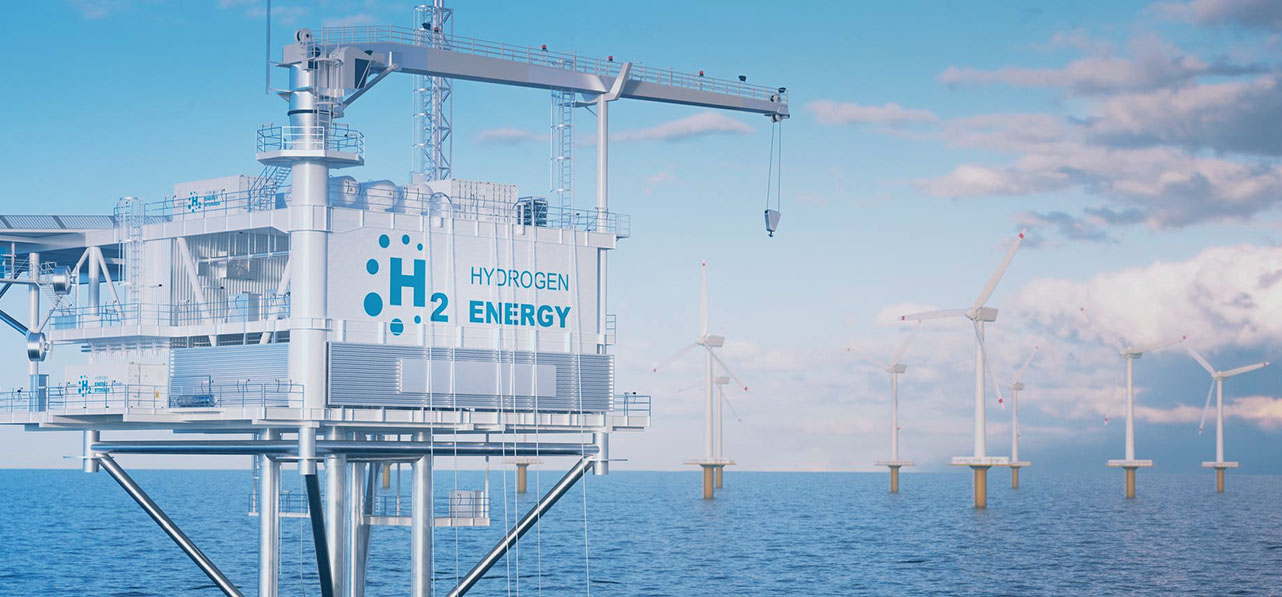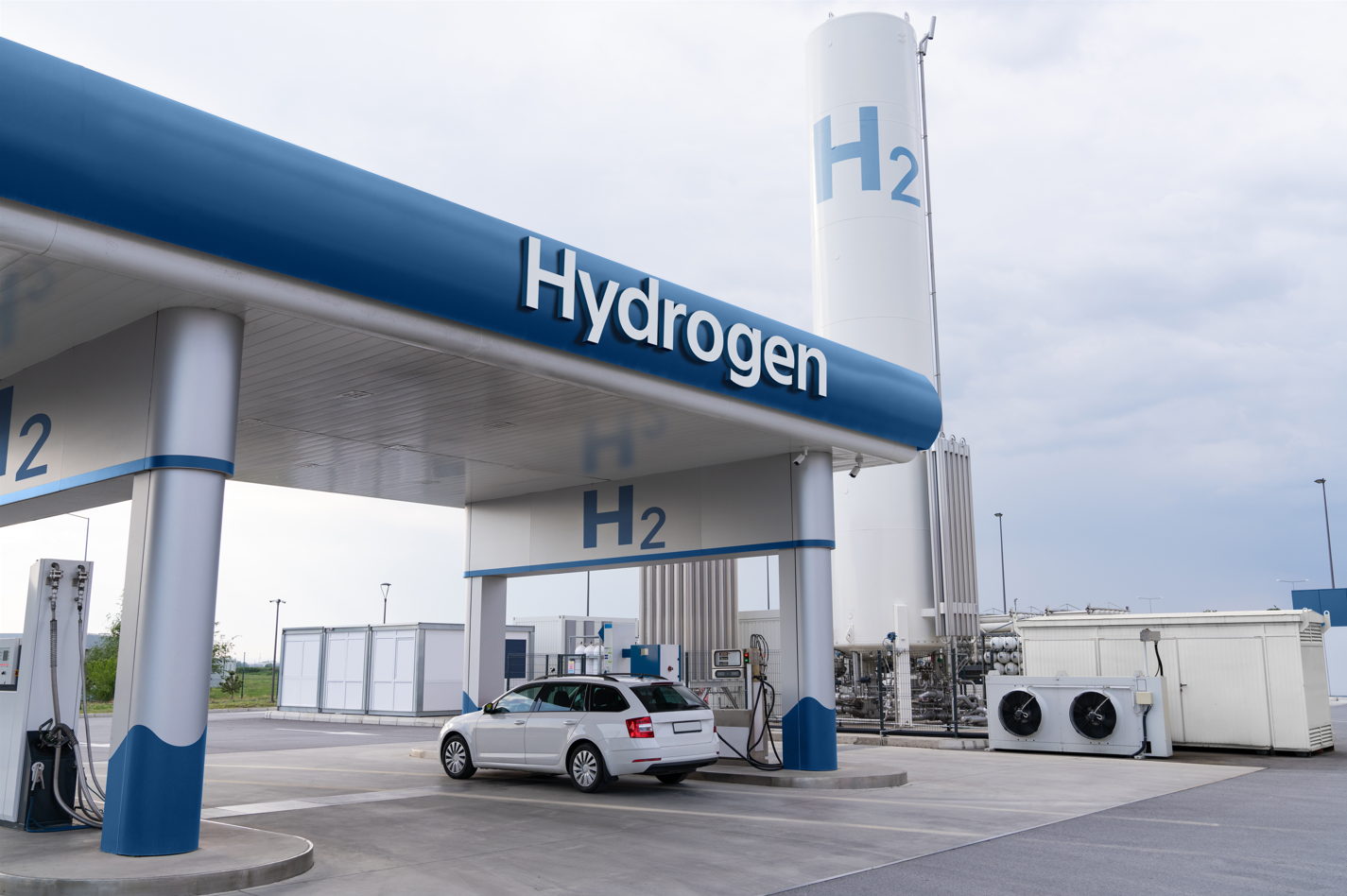Featured Articles
2022-06-13
The governments of the US, UK, Korea and China to embrace hydrogen energy as a global trend
 Hydrogen is expected to play a key role in future energy systems of the world.
Hydrogen is expected to play a key role in future energy systems of the world.The UK, which has left the EU, cannot be ignored, and its attitude towards hydrogen energy is almost the same as that of the EU. The British government launched the hydrogen energy economy plan in August 2021, investing 4 billion pounds in 2030, which will help promote the government's 10 plans for the green industrial revolution, gradually replacing natural gas with hydrogen energy; in order to create a hydrogen economy and increase employment chance. The UK expects hydrogen to account for 20-35% of final energy consumption by 2050.
The U.S. federal government has been less specific about hydrogen energy policy until February 2022, when the White House announced in February 2022 that the Department of Energy was initiating a major effort on a bipartisan infrastructure law in a statement to advance a cleaner industrial sector to reduce emissions and reinvigorate U.S. manufacturing. The Hydrogen Initiative, providing $8 billion to build at least four regional hydrogen production hubs. Job creation and expanded use of clean hydrogen in industry and beyond; an additional $1 billion for hydrogen electrolysis programs. to reduce the cost of hydrogen produced by electricity; and $500 million for a hydrogen manufacturing and recycling program to support equipment manufacturing and a strong domestic supply chain.
China, an energy consumer, is also a big carbon emitter. Not to be left behind, the National Development and Reform Commission and the Energy Administration released a medium and long-term plan for the development of the hydrogen energy industry in March 2022, with a phased approach from 2021 to 2035 to develop the domestic hydrogen energy industry, technology and manufacturing capabilities. The positioning of hydrogen energy development is clearly given, which is regarded as an important part of the national energy system and plays its role in renewable energy and large-scale energy storage. Most notably, energy storage and applications are the biggest differences between China and other countries. According to the estimates of the China Hydrogen Energy Alliance, between 2020 and 2025, hydrogen energy will account for more than 10% of China's energy system by 2050.
The South Korean government released the basic plan for the implementation of the hydrogen energy economy at the 4th hydrogen energy economy committee meeting held in November 2021, building a rigorous hydrogen energy production and its infrastructure, integrating hydrogen into daily life, and strengthening the foundation of the ecosystem. Based on the strategy, 15 topics are promoted. The goal is that in 2050, hydrogen energy can replace oil and become the main energy source accounting for 23.8%.
References
- Department for Business, Energy & Industrial Strategy, United Kingdom, 2021-08-17, Policy paper: UK hydrogen strategy
- Federal Ministry for Economic Affairs and Climate Action Germany, 2020-06-10, The Natural Hydrogen Strategy
- C enter for Strategic and International Studies, 2022-03-28, Jane Nakano, China Unveils its First Long-Term Hydrogen Plan
- 2021-10-12, Macron pushes nuclear, hydrogen power in €30 billion plan to reverse industrial decline
- Nature Gas Intelligence, 2022-03-08, Morgan Evans, Four Rocky Mountain States Proposing Regional Hydrogen Hub
- Ministry of Economy, Trade and Industry, Japan, 2019-09-18, Strategy for Developing Hydrogen and Fuel-Cell Technologies Formulated



